Microsoft will stop releasing updates for Windows 10 on October 14, 2025. Here’s what that means for your device — and what you can do next.
Others are reading now
Microsoft will stop releasing updates for Windows 10 on October 14, 2025. Here’s what that means for your device — and what you can do next.
The End of a Decade-Old OS
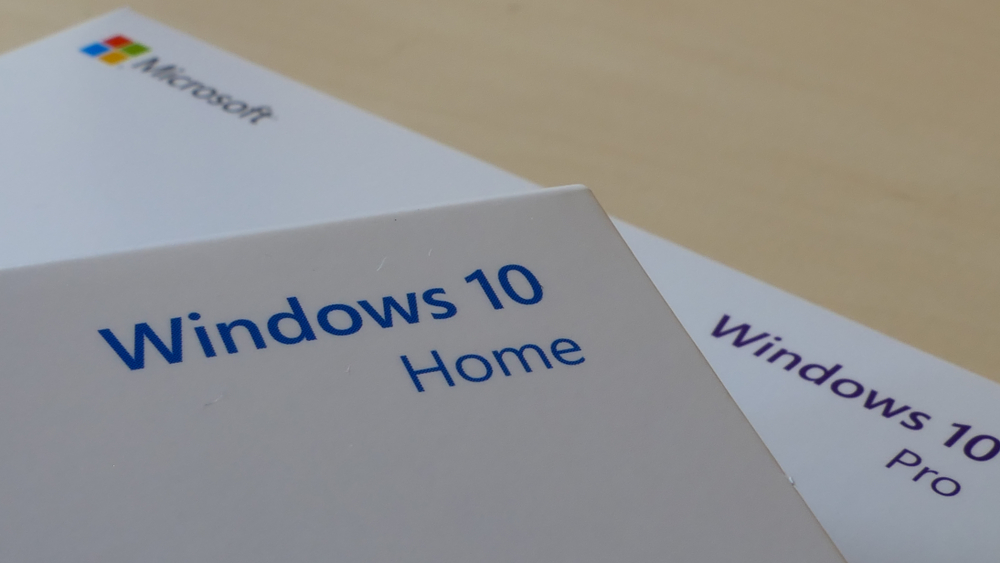
Windows 10, launched in 2015, will no longer receive updates or security patches after mid-October. Microsoft is urging users to upgrade to Windows 11 — but not everyone can.
Why This Is a Big Deal
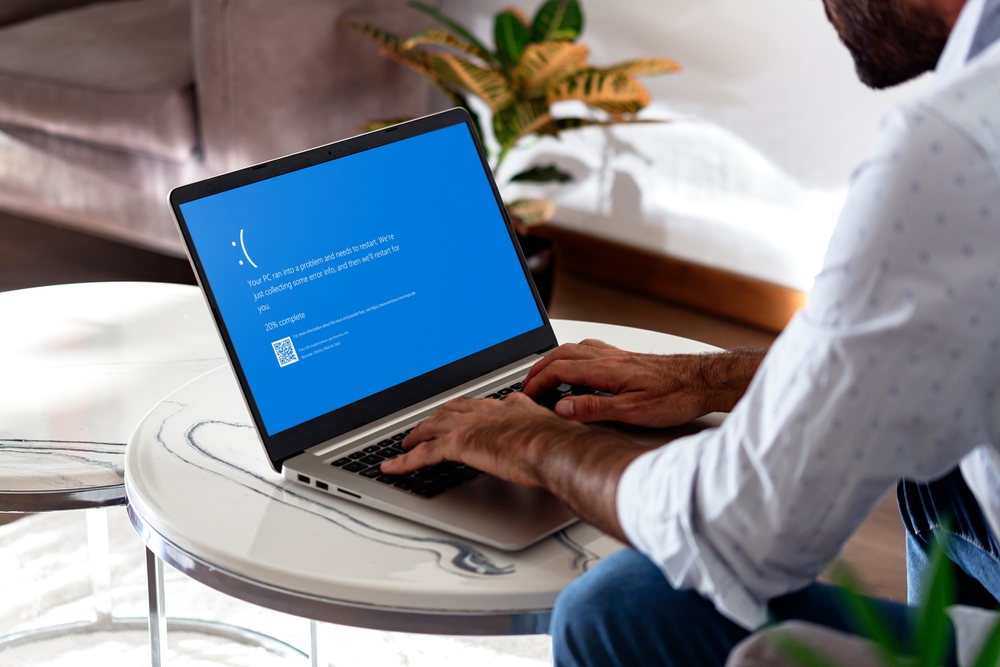
Without updates, Windows 10 devices will become more vulnerable to security threats. Cybercriminals often target outdated systems with known vulnerabilities.
A Blow to Compatibility
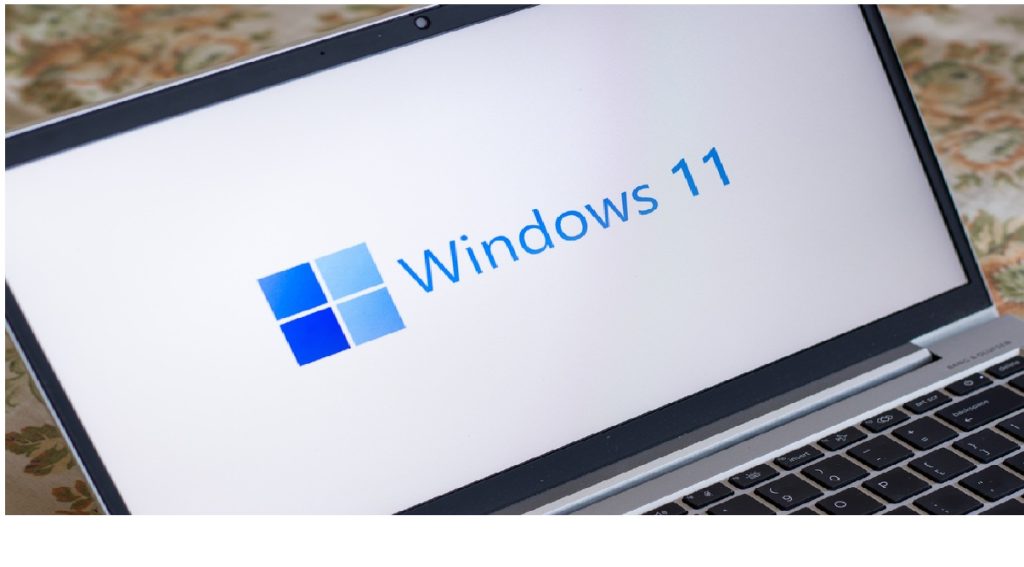
Many older computers can’t run Windows 11. This has led to frustration from users who bought devices as recently as 2022, only to find they’re already nearing obsolescence.
Consumer Groups Push Back

Advocacy groups in the US and Europe argue Microsoft’s move will create unnecessary e-waste. Some are demanding free updates through 2030 to extend hardware life.
Also read
Microsoft’s Paid Solution
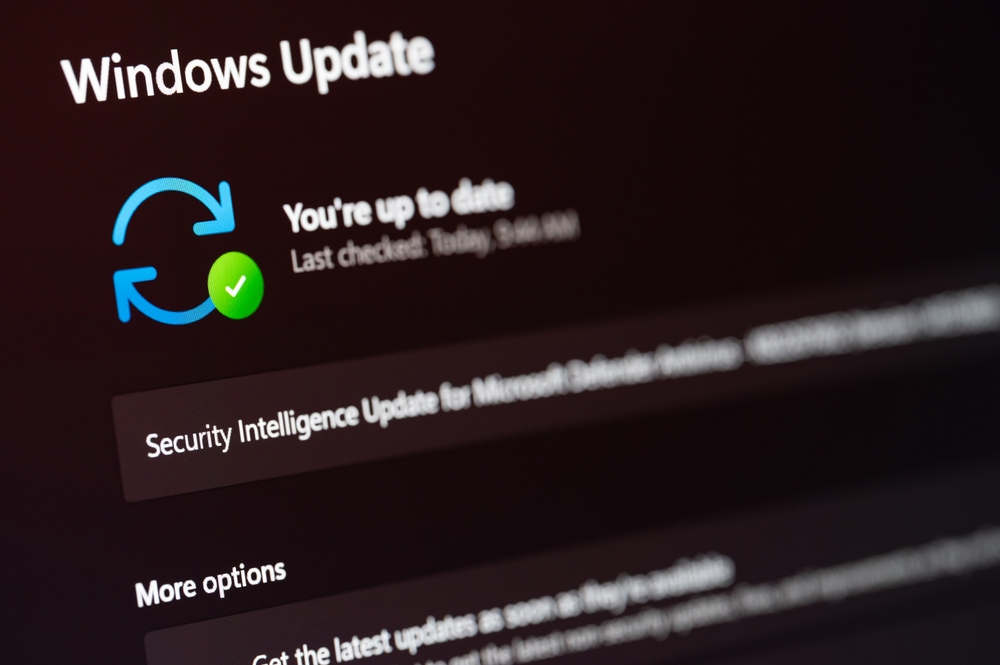
Users who can’t upgrade can pay for “Extended Security Updates” — $30 for the first year. But critics say this is an added burden for people with relatively new devices.
650 Million at Risk

As of August 2025, nearly 650 million people worldwide were still using Windows 10. Consumer advocates say up to 400 million machines may be unable to upgrade.
Vulnerability Will Rise

Experts warn that continuing to use Windows 10 without updates will sharply increase the risk of cyberattacks. Antivirus software alone won’t be enough.
Software Support Will Erode
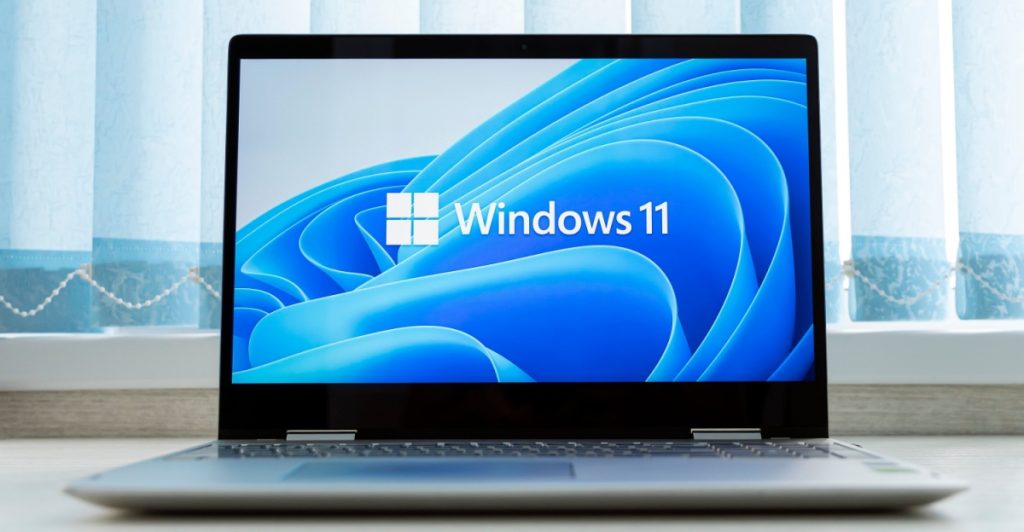
Many applications rely on updated system features. As Windows 10 falls behind, software vendors may drop support — causing bugs, crashes, or incompatibility.
Is Antivirus a Real Solution?
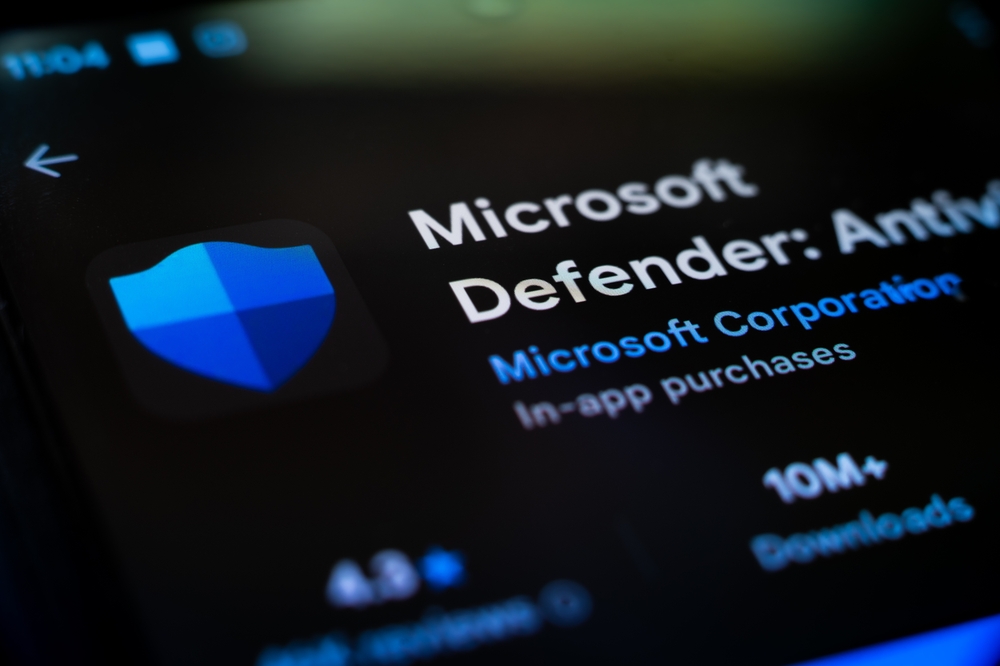
Antivirus tools help, but they’re not foolproof. Experts say they should only be seen as a short-term measure — not a fix for an unsupported operating system.
Also read
The Linux Alternative

Switching to Linux is one option for keeping your device functional and secure. It’s free, but setup may require technical know-how or outside help.
What Users Should Do Now

Check if your PC supports Windows 11. If not, weigh the cost of extended updates, upgrading hardware, or switching to another OS like Linux.
The Bigger Picture

This transition highlights ongoing concerns over planned obsolescence and digital sustainability — and raises tough questions about who gets left behind.


